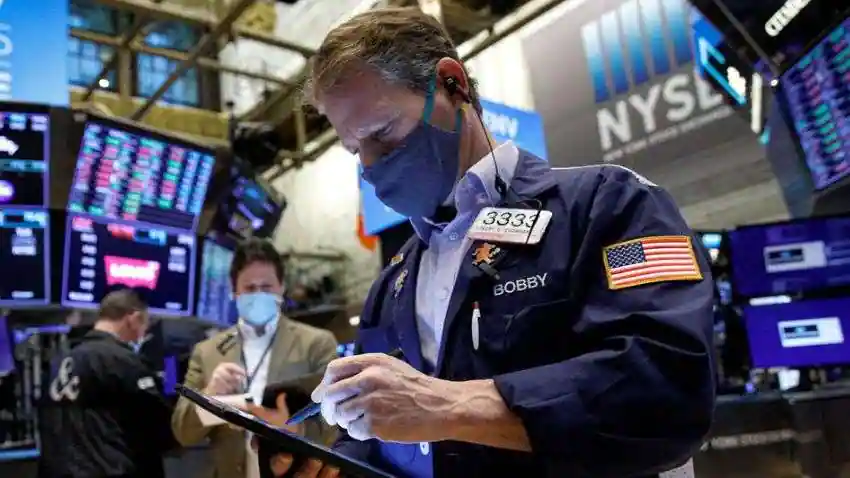In the last six months, the S&P 500 benchmark index fell 20.6 percent, while the other major US index also dropped sharply, reported the BBC.Stocks in the UK, mainland Europe and Asia also suffered sharp losses.
It appears when central banks around the world try to ride the surge in living expenses, with the price of important goods such as food and fuel jumps.Some economists expect the US, which is the largest economy in the world, to hold a recession earlier this year because interest rates continue to rise.
“If the US federal reserve continues the hiking rate, the stock market will react negatively,” and Wang, the head of economist at Hang Seng Bank China.Another main US stock index, Dow Jones Industrial Average fell more than 15 percent in the first half of this year, the biggest decline for the period since 1962, BBC reported.
At the same time, Nasdaq Composite, which focused on technology, lost almost 30 percent, marked the decline in the largest percentage ever for the first half of a year.The main stock market index outside the US also fell sharply this year.
British FTSE 250 has dropped more than 20 percent, while the European Stoxx 600 Index has slipped by almost 17 percent and the Asia-Pacific Market MSCI index has dropped more than 18 percent.Arises because many of the largest central banks in the world take steps to slow down the increase in living costs, including raising interest rates.






